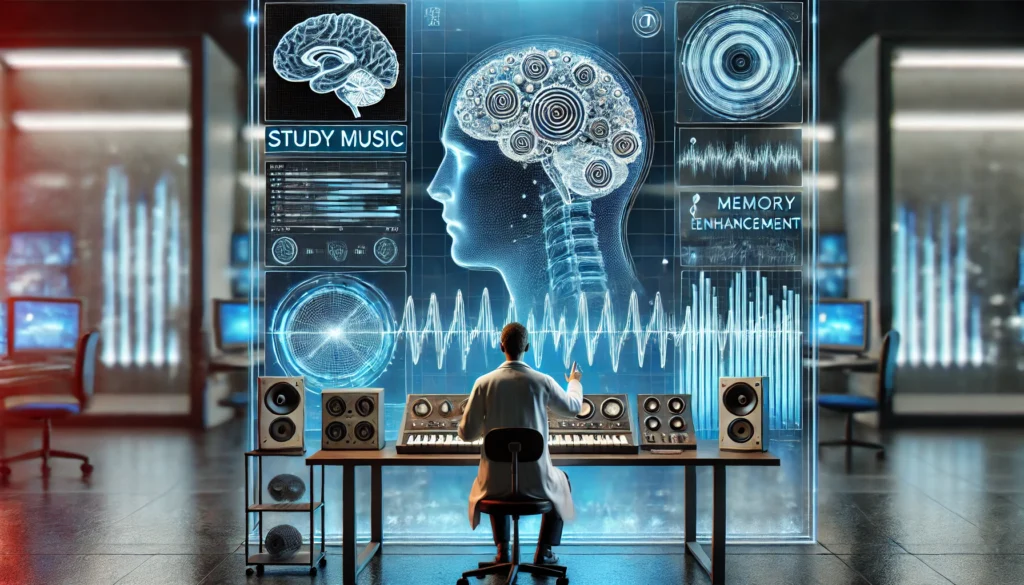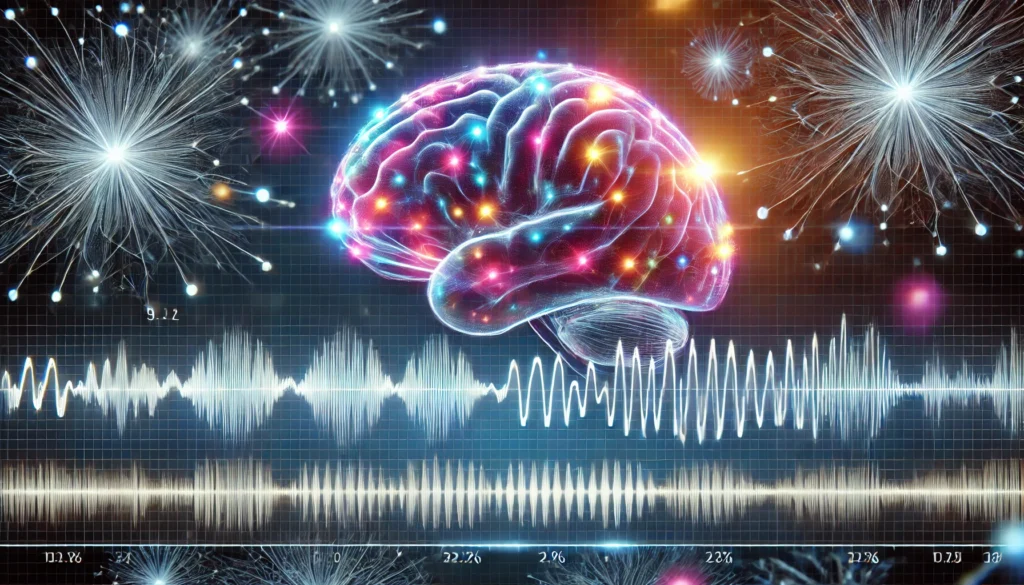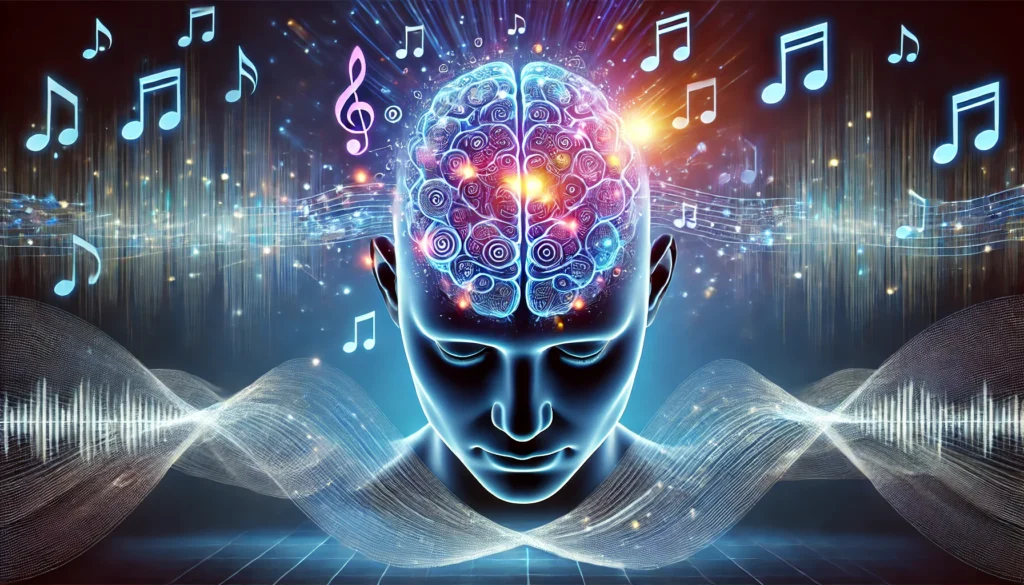In an era defined by constant sensory input and ever-increasing demands on our attention, the quest for effective study techniques has never been more pertinent. Among the plethora of strategies, the use of music as a tool for enhancing concentration and learning has gained significant traction. But what is the science behind the effectiveness of study music, and how can it be harnessed to optimize learning outcomes?
You may also like: Top 10 Tracks for Enhanced Focus
The Historical Context of Music in Learning
Ancient Traditions and Cognitive Enhancement
Music’s role in education dates back centuries, with ancient cultures recognizing its potential to enhance cognitive abilities. The Greeks, for instance, integrated music into their educational system, believing it fostered discipline and enhanced intellectual development. They used musical training as a way to refine students’ mathematical and reasoning skills, emphasizing its importance alongside traditional subjects. Similarly, in ancient China, Confucius advocated for music’s role in moral and intellectual education, believing it could cultivate virtue and societal harmony.
Medieval and Renaissance Educational Practices
During the medieval and Renaissance periods, music continued to play a significant role in educational settings. Monasteries used chants to aid in the memorization of religious texts, facilitating both spiritual and intellectual growth. In the Renaissance, music was considered one of the seven liberal arts, highlighting its importance in a well-rounded education. This period saw the emergence of music theory as an academic discipline, further cementing its role in education and intellectual development.
Modern Pedagogical Approaches
In contemporary education, music is often used as a tool to enhance learning, particularly in early childhood education. Programs such as “Music Together” and “Kindermusik” use music to support cognitive, social, and emotional development in young children. Educational psychologists have also explored the use of music in special education, finding it beneficial for students with learning disabilities. These modern approaches build on historical foundations, using music to foster an engaging and supportive learning environment.
Current Trends in Study Music
The Popularity of Study Playlists
In recent years, the rise of digital streaming platforms has facilitated the creation and dissemination of “study playlists.” These curated collections of tracks are specifically designed to enhance concentration and focus. Ranging from classical compositions to ambient soundscapes, these playlists cater to diverse preferences, yet they all share a common goal: to create an auditory environment conducive to learning. Platforms like Spotify and YouTube have seen a surge in user-generated study playlists, reflecting a growing demand for music that aids in productivity and learning.
The Role of Personal Preference
Despite the popularity of study playlists, it’s crucial to acknowledge the role of personal preference in the effectiveness of study music. What works for one individual may not necessarily work for another. Some may find solace in the structured rhythms of classical music, while others may prefer the ethereal quality of electronic beats. This variability underscores the importance of tailoring study music to individual needs and preferences. Personalized playlists allow users to experiment with different genres and styles, finding the perfect auditory backdrop for their study sessions.
Genre-Specific Insights
Different music genres can have varying effects on concentration and cognitive performance. Classical music is often praised for its calming and focus-enhancing qualities, with composers like Bach and Beethoven frequently featured in study playlists. Ambient music, with its repetitive and soothing soundscapes, can also create a conducive study environment by minimizing distractions. Conversely, genres like heavy metal or hip-hop, while energizing for some, may be too distracting for others, highlighting the need for a personalized approach to study music selection.
The Science of Music and the Brain
Neural Mechanisms Underpinning Music and Cognition
Music engages multiple areas of the brain, including those involved in emotion, memory, and cognition. The auditory cortex, hippocampus, and prefrontal cortex play pivotal roles in processing musical stimuli. Research suggests that music can modulate neural activity, potentially enhancing cognitive processes such as attention, memory, and problem-solving. Music’s rhythmic components can also synchronize brainwaves, promoting a state of focus and alertness ideal for learning.
Emotional and Psychological Effects
Music has profound emotional and psychological effects that can influence cognitive performance. Listening to music can elevate mood, reduce anxiety, and increase motivation, all of which are beneficial for studying. The emotional response to music is mediated by the limbic system, which interacts with the prefrontal cortex to affect decision-making and problem-solving abilities. Understanding these emotional underpinnings can help individuals select music that not only enhances focus but also promotes a positive study experience.

The “Mozart Effect” and Beyond
One of the most well-known phenomena in the study of music and cognition is the “Mozart Effect”—the idea that listening to Mozart’s music can temporarily enhance spatial-temporal reasoning. While subsequent studies have produced mixed results, this concept has sparked broader interest in exploring how different genres and tempos of music influence various cognitive functions. Beyond Mozart, research is delving into how other composers and styles of music can similarly impact brain activity and learning outcomes. Studies continue to explore the nuanced relationships between different musical elements, such as tempo and harmony, and their cognitive effects.
Practical Implications for Study Music
Selecting the Right Study Music
When selecting music for studying, consider the complexity and tempo of the tracks. Instrumental music, devoid of distracting lyrics, often proves beneficial. Genres such as classical, jazz, and ambient music are popular choices. It’s also advisable to opt for music with a moderate tempo, as excessively fast or slow music may disrupt concentration. Experimenting with different tracks can help identify music that enhances focus and productivity, allowing for a customized study experience.
Tailoring Music to Task Demands
Different study tasks may require different types of music. For tasks that require deep concentration and analytical thinking, slower, more melodic music may be beneficial. Conversely, for more creative or routine tasks, music with a slightly faster tempo and rhythmic beat can provide the necessary energy and motivation. Being mindful of the task at hand can help in selecting music that complements the cognitive demands of the study session.
Creating an Optimal Study Environment
The effectiveness of study music is not solely dependent on the music itself but also on the environment in which it is used. To maximize its benefits, ensure that your study space is free from external distractions. This involves minimizing visual clutter and maintaining a comfortable, organized workspace. The goal is to create a harmonious environment where the music can seamlessly integrate with the study process. Enhancing the physical environment, such as using noise-cancelling headphones, can further augment the music’s positive effects on concentration.
Balancing Music and Silence
While music can enhance concentration, it’s equally important to incorporate periods of silence into your study routine. Silence allows the brain to process and consolidate information, promoting deeper understanding and retention. A balanced approach, alternating between music and silence, may yield the most effective results. Scheduling breaks of silence can also prevent auditory fatigue, ensuring that the music remains a beneficial tool rather than a source of distraction.
Integrating Music with Other Study Techniques
Music can be combined with other study techniques, such as the Pomodoro technique or spaced repetition, to enhance overall effectiveness. By syncing music playlists with study intervals, learners can create a structured and engaging study routine. This integration can help maintain focus and motivation throughout study sessions, capitalizing on the cognitive benefits of both music and time management strategies.
Future Implications and Research Directions
Emerging Technologies in Music-Based Learning
As our understanding of the brain continues to evolve, so too does the potential for leveraging music as a cognitive enhancer. Emerging technologies, such as neurofeedback and brain-computer interfaces, hold promise for personalizing music-based interventions to optimize learning outcomes. These technologies can adapt music in real-time based on neural feedback, creating a dynamic and responsive learning environment.

Long-Term Cognitive Effects of Study Music
Additionally, further research is needed to explore the long-term effects of study music on cognitive development and academic performance. Understanding how sustained exposure to music during study impacts brain plasticity and learning capacity can inform educational practices. Longitudinal studies can provide insights into the cumulative benefits or potential drawbacks of using music as a study aid over extended periods.
Cross-Cultural Perspectives and Global Research
Exploring the cross-cultural perspectives on music and learning can also enrich our understanding of its cognitive effects. Different cultures have unique musical traditions and approaches to integrating music into education. Global research collaborations can uncover diverse insights and applications, broadening the scope of music’s role in cognitive enhancement and educational success.
Conclusion: Harnessing the Power of Study Music
Study music, with its rich historical roots and growing body of scientific support, offers a promising avenue for enhancing learning and concentration. By understanding the underlying neural mechanisms and tailoring music choices to individual preferences, learners can harness the power of music to create an optimal study environment. As research progresses, the potential for music to transform educational practices and cognitive enhancement strategies will undoubtedly continue to unfold.

Incorporating music into your study routine may not be a panacea, but it is a tool worth exploring. Whether you’re a health and wellness coach, a science journalist, or a biohacker, the science behind study music effectiveness provides a compelling narrative that bridges historical wisdom with contemporary insights—inviting us all to listen, learn, and grow. As we continue to explore and innovate, the harmonious relationship between music and learning stands as a testament to the enduring power of sound to shape the mind and elevate the human experience.
Further Reading:
Best Study Playlists – Study Music, Focus Music
Beirut Announce New Album, Share Video for New Song “Guericke’s Unicorn”: Watch
Important Note: The information contained in this article is for general informational purposes only, and should not be construed as health or medical advice, nor is it intended to diagnose, prevent, treat, or cure any disease or health condition. Before embarking on any diet, fitness regimen, or program of nutritional supplementation, it is advisable to consult your healthcare professional in order to determine its safety and probable efficacy in terms of your individual state of health.
Regarding Nutritional Supplements Or Other Non-Prescription Health Products: If any nutritional supplements or other non-prescription health products are mentioned in the foregoing article, any claims or statements made about them have not been evaluated by the U.S. Food and Drug Administration, and such nutritional supplements or other health products are not intended to diagnose, treat, cure, or prevent any disease.


